Sustainable Development Goal 4 is accompanied by 10 targets covering a wide range of aspects of education. Seven of these are expected results, and three concern the means of achieving these targets.
Seven performance targets
4.1 Universal primary and secondary education
By 2030, ensure that all girls and boys complete a full course of free, high-quality primary and secondary education that leads to genuinely useful learning.
4.3 Equal access to technical, vocational and tertiary education
By 2030, ensure that all women and men have equal access to affordable quality technical, vocational and tertiary education, including university education.
4.5 Gender equality and inclusion
By 2030, eliminate gender inequalities in education and ensure equal access for vulnerable people, including people with disabilities, indigenous people and children in vulnerable situations, to all levels of education and vocational training.
4.7 Citizenship education for sustainable development
By 2030, ensure that all students acquire the knowledge and skills necessary to promote sustainable development, including through education for sustainable development and lifestyles, human rights, gender equality, promotion of a culture of peace and non-violence, global citizenship and appreciation of cultural diversity and the contribution of culture to sustainable development Three means of implementation
4.c Teachers and educators
By 2030, significantly increase the number of qualified teachers, in particular through international cooperation for teacher training in developing countries, especially least developed countries and small island developing states.
4.2 Early childhood development activities and universal preschool education
By 2030, ensure that all girls and boys have access to quality early childhood care and development and pre-school education that prepares them for primary education.
4.4 Skills for decent work
By 2030, significantly increase the number of young people and adults with the skills, especially technical and vocational skills, needed for employment, decent work and entrepreneurship.
4.6 Universal youth literacy
By 2030, ensure that all young people and a significant proportion of adult men and women are literate and numerate.
4.a Effective learning environments
Build or adapt schools that are suitable for children, people with disabilities and both sexes, and provide an effective learning environment that is safe, free of violence and accessible to all.
4.b Scholarships for young people
By 2030, significantly increase worldwide the number of scholarships available to developing countries, in particular least developed countries, small island developing states and African countries, to finance higher education, including vocational training, computing, technical, scientific and engineering studies, in developed and other developing countries.

No responses yet